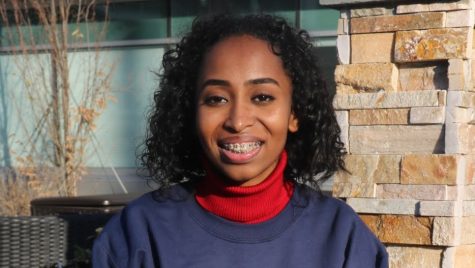We need more black history in the classroom

February ushers in the one month from the year that encourages us to recognize the accomplishments in black culture and history.
Black history month is a great way to introduce the input of blacks in history and society, especially in the classroom. In many American classrooms, black history is often underrepresented or condensed into slavery lessons. Black history should not begin and end with slavery.
A title for a month is not enough to capture the essence of black history to teach students about the efforts of black people in this country.
When talking about African Americans only in the context of their struggle, children will not understand all that Africans and African Americans have contributed into society. It ignores the humanity of our past and our significant influence on the future.
Students need to recognize that slavery goes beyond civil rights and slavery.
In doing so, students, black children in particular, will connect to the information being taught in the classroom, rather than being excluded from typical history.
There is a hunger for minority students to learn about their culture and their past especially when history is often Eurocentric.
FCPS introduces the successes and talents of black Americans from a young age. As seen in the first grade curriculum, Martin Luther King and Arthur Ashe Jr. are among names like George Washington and Pocahontas as important figures in history they must learn.
FCPS also follows through on continuing to include black leaders in its higher level curriculum. However, teachers cannot use one or two black leaders and make them a token of their culture or identity. Instead of decontextualizing heroes or holidays, we should be connecting them to a larger social movement, and their effects on the future.
This goes to show that black history is American history, and it should be relevant to the entire classroom while connecting it to the present issues relevant today.
February should be a way to go deeper into black history rather than the only time to acknowledge it.

Senior Aseal Saed is currently the Co-Editor in Chief of The A-Blast. This is her fourth year on staff. Her previous positions were as In-Depth Editor...




